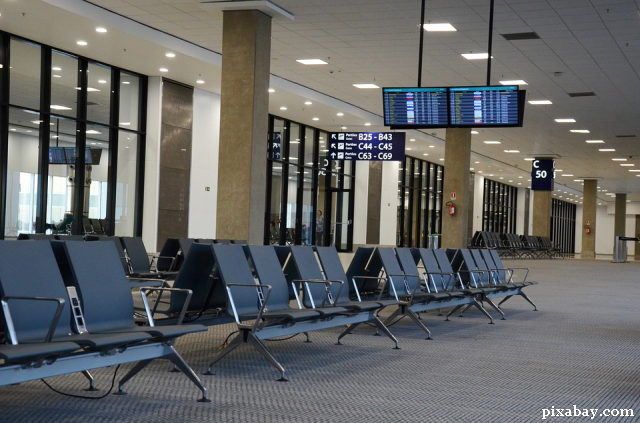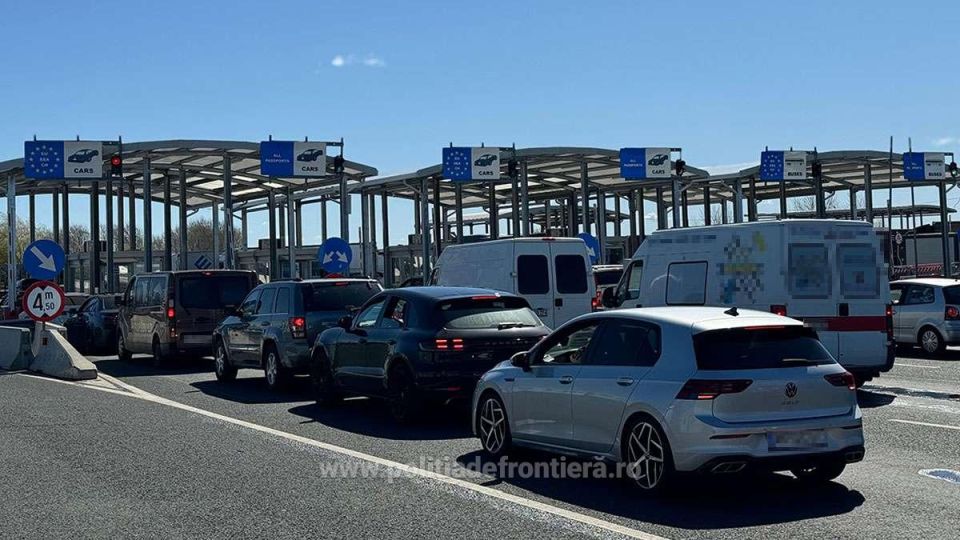Fresh anti-Covid regulations for those entering Romania
Authorities in Romania are toughening entry requirements

Ştefan Stoica, 05.02.2021, 14:00
The worlds countries are in an incessant race in an attempt to contain the spread of the novel Coronavirus, particularly its new more contagious strain. Immunization, the main pillar in the prevention strategies, seems to be only partly effective due to the delays and interruptions in the vaccine production and deliveries. The other measure states resort to consists of increasingly tougher entry restrictions. The latter method was tested last year and since it proved functional wasnt totally scrapped not even after the virus had given deceitful signs of remission. Although the EU zone has always promoted and implemented the free circulation, countries in the bloc cannot avoid the global measures aimed at containing the spread of the dreadful virus.
Romania has a daily number of infections relatively small, the situation is stable and infections with the mutating virus are just a few. However, a scenario under which the country is spared by the more aggressive strain of the virus is not plausible. For this reason, authorities in Bucharest decided to enlarge the list of high-risk countries in the so-called yellow zone and toughen entry conditions for those travelling to Romania.
Starting February 12th, people coming to Romania from the yellow zone must produce a Covid-19 negative test taken 72 hours before their entry. Furthermore, they will be subjected to a 14-day quarantine with the possibility to break it in the 10th day, if they are willing take another RT-PCR test on the 8th day and that proves negative. There are a few categories exempted from the rules though, such as children under three, those who can prove they have taken an anti-SARS-Cov-2 vaccine and that ten days have passed since they took the booster dose as well as those who got infected 90 days before their entry into Romania.
Also exempted are truck drivers with the authorized carrying capacity over 2.4 tons, drivers of transport vehicles with more than 9 passengers as well as drivers whose job implies travelling from their country of residence to another EU member irrespective of their travel means. The list also includes flight crews, members of various diplomatic missions, consular offices and other diplomatic representations accredited to Bucharest as well as crew members of Romanian ships who are repatriating and foreign workers coming to Romania from the neighboring countries like Hungary, Bulgaria, Serbia, Ukraine or the Republic of Moldova.
(bill)






























